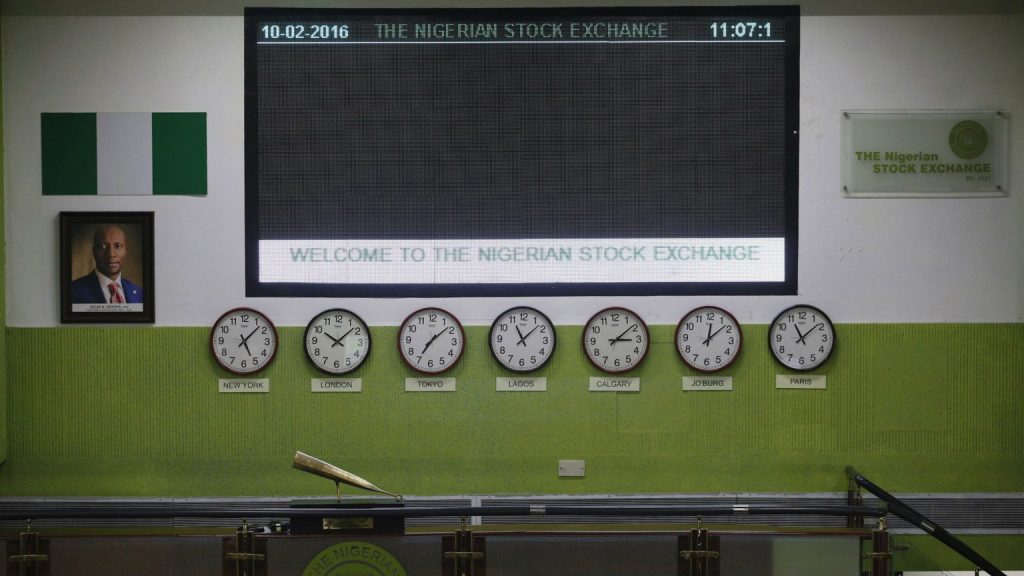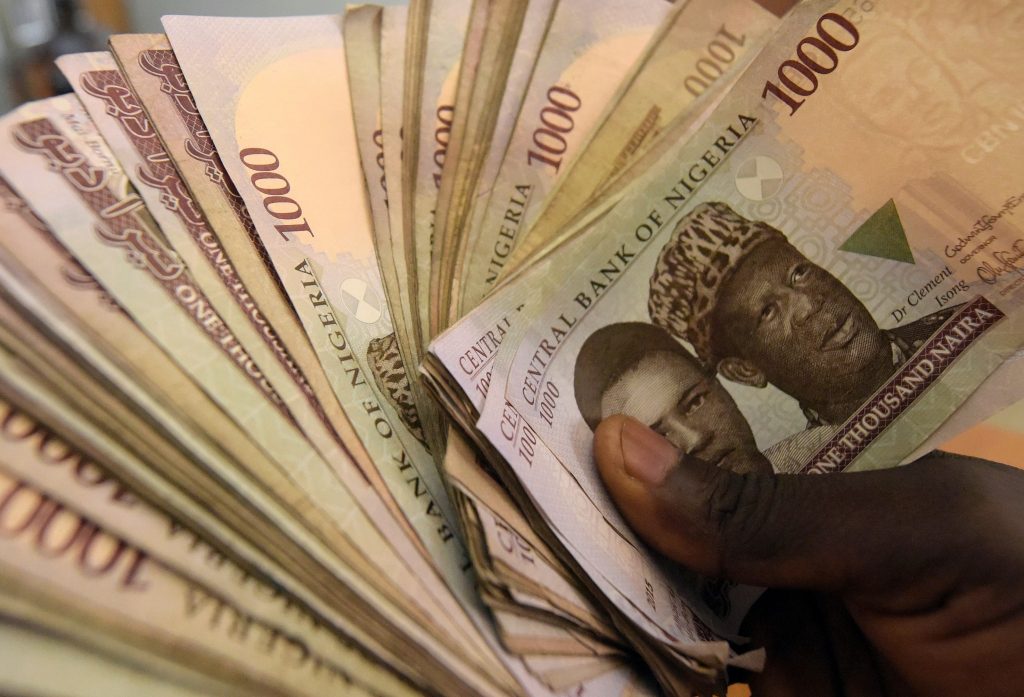The Nigerian Senate last Thursday passed the new budget for 2020, a day after members of the House of Representatives approved. The review was necessitated by the impact of the COVID-19 pandemic that has adversely affected oil prices and revenue projections of the government.
The approved ₦10.8 trillion 2020 budget is ₦300 billion more than the revised version that was originally submitted by the President. It also increases the projected oil price by $3 a barrel – from $25 per barrel to $28 per barrel. More details here.
Below is the Ventures Africa Weekly Economic Index, for the week ending 12th of June 2020. This economic index gives you a glimpse into other recent activities in Nigeria’s economy as well as changes and prices that could affect the economy:
Nigerian Stock Exchange

Data released by the Nigerian Stock Exchange (NSE) as of June 11, 2020, showed that the NSE All-Share Index and Market Capitalization both appreciated by 0.67 percent to close the week at 25,182.67 and N13.137 trillion respectively. All other indices finished higher with the exception of NSE MERI Growth, NSE Consumer Goods and NSE Oil/Gas Indices while NSE ASeM closed flat.
Top price gainers and decliners in the week under review:
Top five price gainers
Neimeth International Pharmaceuticals Plc.
Royal Exchange Plc.
Associated Bus Company Plc.
Prestige Assurance Plc.
Linkage Assurance Plc.
Top five price decliners
Japaul Oil & Maritime Services Plc.
Red Star Express Plc.
11 Plc.
Honeywell Flour Mill Plc.
C&I Leasing Plc.
Note: It was a four-day trading week as the Federal Government of Nigeria declared Friday 12th of June 2020 as Public Holiday to mark the Democracy Day celebrations.
How did the Naira fare?

The Nigerian currency gained against the dollar at the close of last week, trading at ₦388 per dollar, a rise from the ₦389 to a dollar recorded a week before.
How did the price of oil fare?
Oil on Friday 12th of June 2020 saw a weekly drop as international benchmark Brent fell to $39.14 from $42.66 a week earlier. Last week, investment banking giant Goldman Sachs said there is a chance Brent crude could slip back to $35 per barrel in the coming weeks based on a number of factors such as returning production from shale producers in the United States and Libya.








